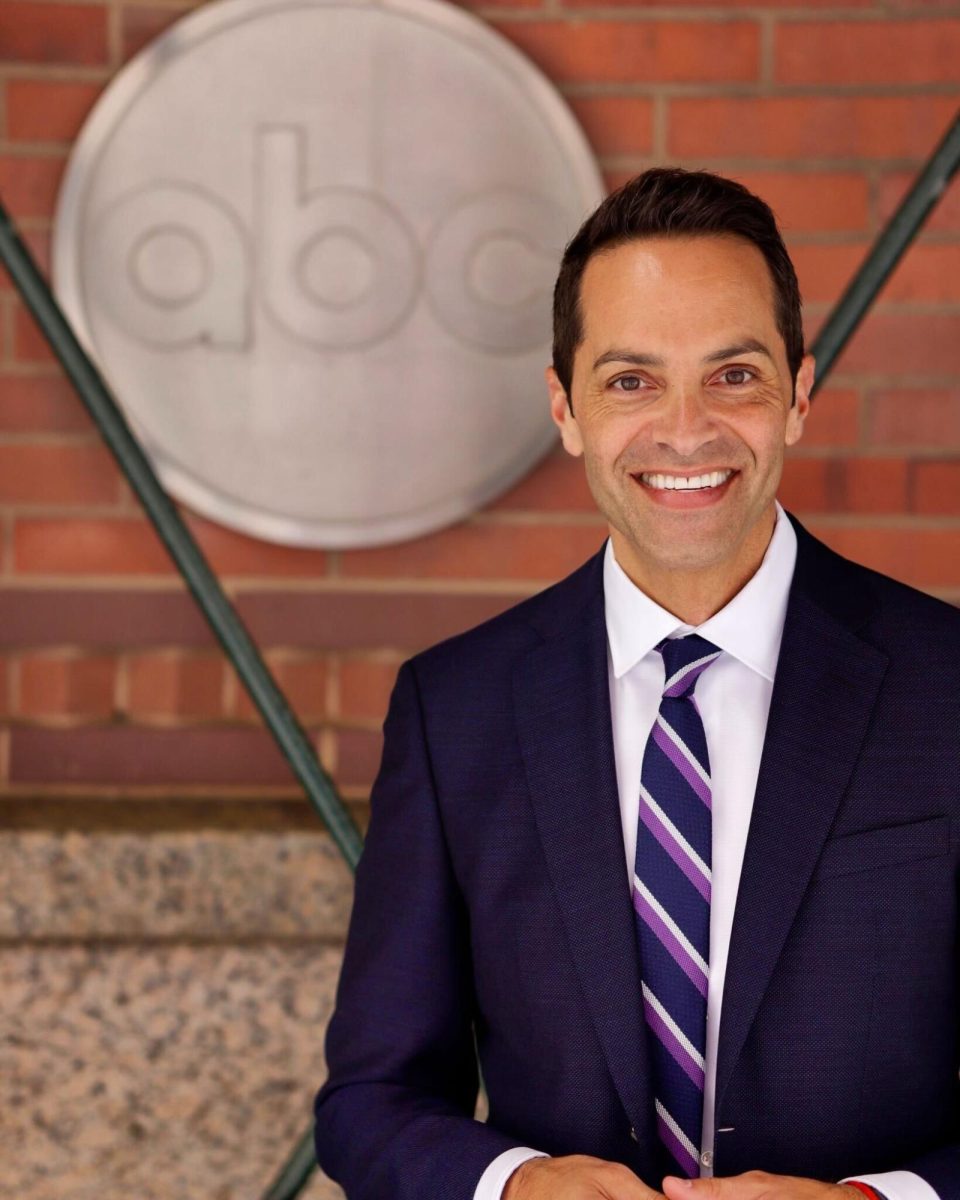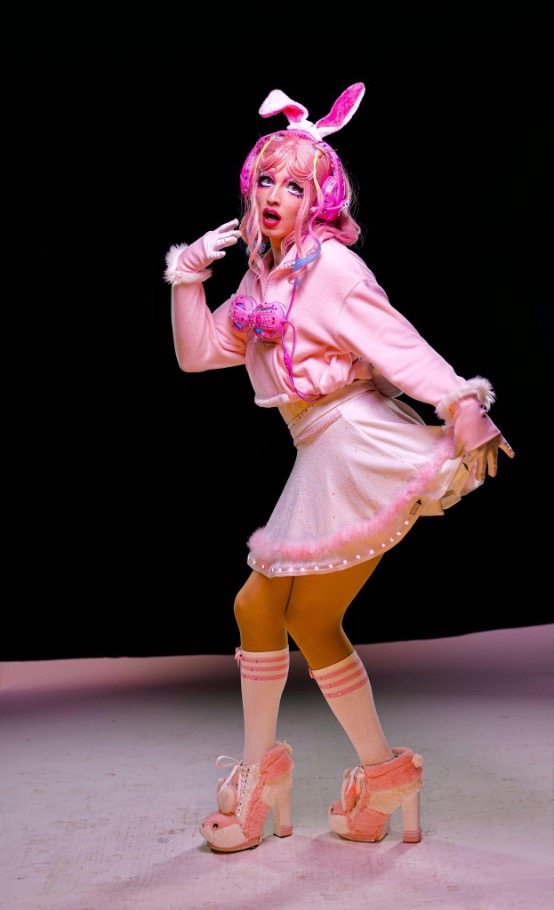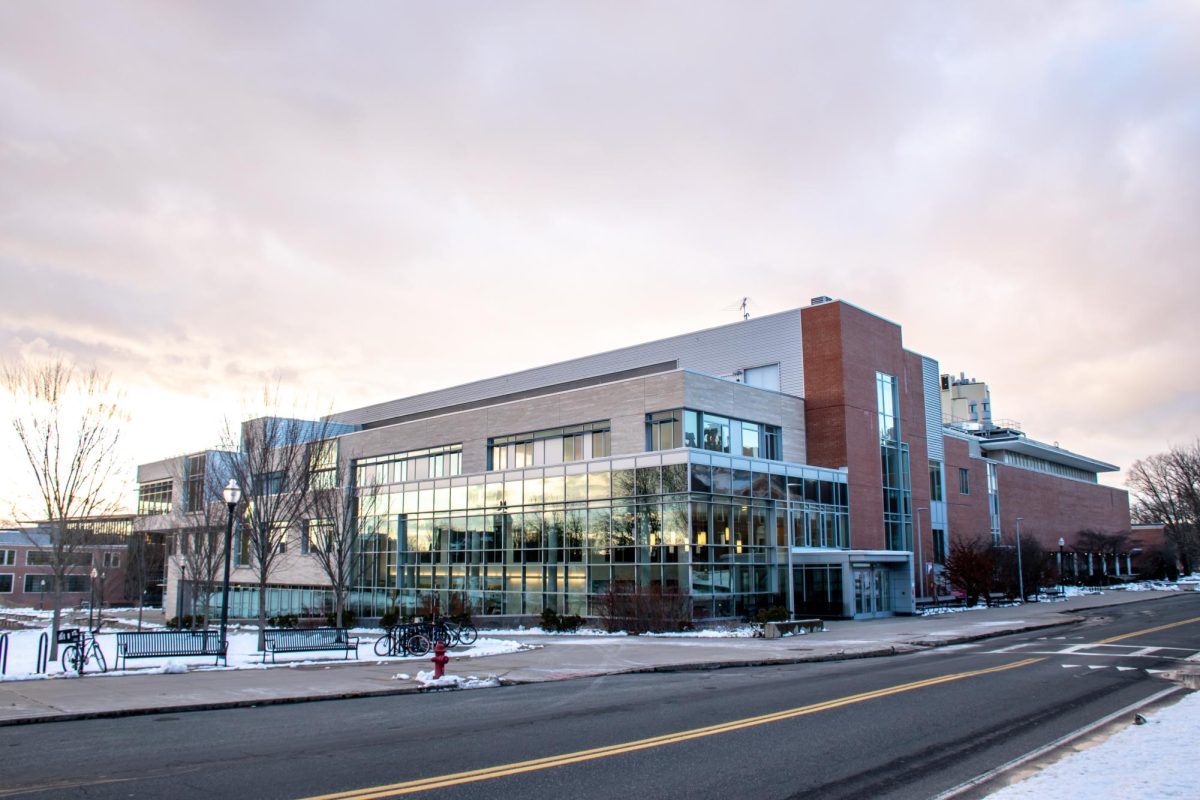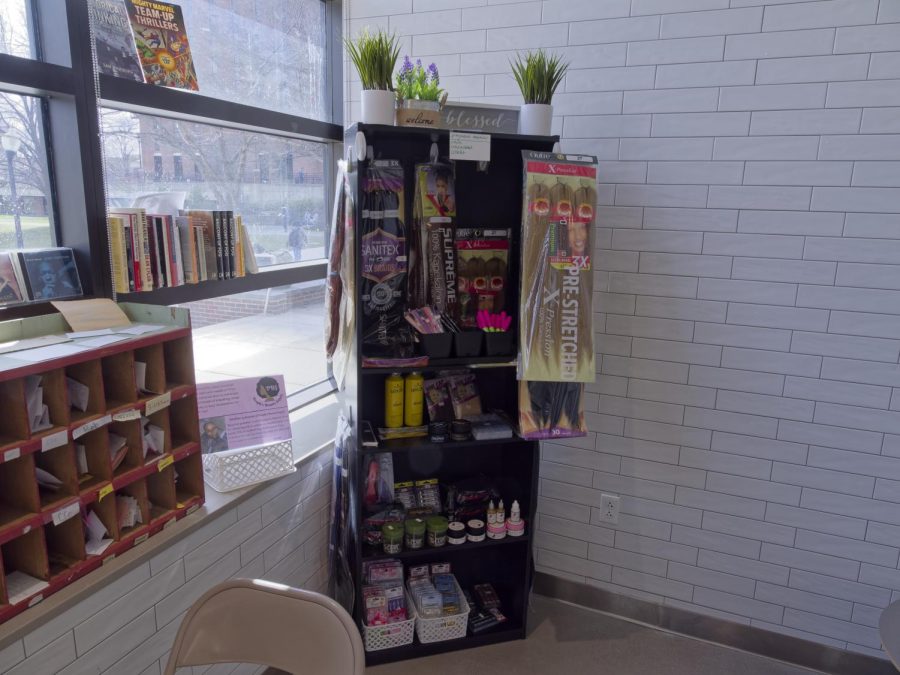The University of Massachusetts held the Annual Native American Powwow in the Curry Hicks Cage on Saturday. The powwow is held each year to bring people together to reflect on the importance of family and community, give thanks to others and honor ancestral traditions.
The event featured Native American drum groups Urban Thunder, Eastern Sons and Rez Dogs, along with dance performances throughout the day. Larry “Spotted Crow” Mann, a member of the Nipmuck tribe, told stories while Daryl Wixon, a member of the Wampanoag tribe, led intertribal and Eastern songs.
At the event, artists and vendors sold moccasins, fabrics, clothing, jewelry, quilts, baskets and indigenous food.
Marvin J. Burnette of the Lakota Sioux tribe, the main speaker for the event, is a Native American dancer and craftsman who has led many powwows, on the local and international levels.
“We know that history was written by the dominant society but we as Native American Indian people, we have our history as well,” Burnette said. “We do this in our drumming, in our singing, in our dancing; we share the experience of Native American people through our craftwork, our beadwork, quilt-making, basket-weaving.”
Native American culture, he explained, is very diverse.
“We come from many cultures, many tribal backgrounds, different geographical locations,” he said.
Therefore, there are different styles of dance corresponding to various geographical locations. Some of these styles include Eastern, Northern and Southern. However, most Native American peoples place an emphasis on oral tradition, passing down history and customs through storytelling.
When defining powwow, Burnette made clear that it is a social event, not a religious or ceremonial one. Instead, he explained, the word powwow is often misinterpreted by mainstream American society. It comes from the original Algonquin term “pauau,” which loosely translates to “a gathering of the people.”
Jodi2Ponies, an attendee of the powwow, is a crafter and owner of The Metis Cabin, which specializes in Native American Metis Arts and Powwow regalia and crafts.
Although it was her first time participating in a powwow at UMass, Jodi2Ponies has been to others in Massachusetts, New York and Maine, offering handcrafted and hand-beaded jewelry and items for Powwow regalia.
From Huntington, Jodie2Ponies traces her genealogy back to 1624 in Canada. She discovered both Native American and European ancestry, making her a mixed-blood, or Métis.
“It’s funny because we actually proved my genealogy and got my Métis card in 2009; it took that long to figure it all out,” Jodie2Ponies said. She then explained that she started crafting in 2011, but waited to put anything into the public until last year.
“It’s not like I was raised with that culture; I was raised to hide it. My grandfather hid his lineage; he was taught to be ashamed,” she said.
On embracing her culture, however, Jodie2Ponies indicated she feels “great” and is excited “just to be here” at the powwow event.
Keiko Moraino, however, has been attending the annual Native American Powwow at UMass “for a long time,” as she has been doing this all of her life.
As a resident in Connecticut, she is Native American through her mother, who has lineage in both the Nottoway people and the Rappahannock tribe, both located in Virginia.
Some of the items Moraino sells are jewelry, men’s ribbon shirts, hats, fabrics, incense and oils, soaps and cornhusk dolls.
“We didn’t throw everything away; we made stuff out of nothing,” Moraino said on why these traditional dolls are made from the leftover outer layers of corn. “And everything that the Creator gave us, we turned it into something beautiful.”
Richard De La Torre also has been doing powwows for a long time, making necklaces for eight years for these events.
His lineage relates back to his parents, who can trace their ancestry to a South American tribe. At his table, he sold handcrafted jewelry, which he had made, dream catchers made by his uncle and bags made by his father.
De La Torre’s favorite part of the powwows includes meeting people from different nations and sharing time with them, especially those who that do not know Native American culture.
“We can share with people and even we can transmit our traditions with people,” he said. De La Torres’ favorite items to sell are the printed T-shirts that help convey these traditions.
“They express what I feel,” De La Torre said as he looked over to the shirts that read, “Homeland Security” and “The Original Founding Fathers” against images of Native American people.
“I explain the real history,” he continued, “because in school, they do not explain the right history, how the people started, how the people were, how the people were killed.”
Deborah Spears Moorehead, an internationally recognized artist from the Seaconke, Pokanoket Wampanoag Tribal Nation, is also an educator, writer, playwright, singer and storyteller, who has been doing powwows for some time now.
She sold some of her own paintings of Native American people at the event, which are works of art that validate the existence of her ancestry.
“My work is about asserting the cultural existence and traditional resistance of the Eastern Woodland Native American people,” she said.
At a young age, she developed an interest in art, beginning to draw at 4 years old.
“In Native culture, they told us children should be seen and not heard,” she said. “So my grandparents just told me to draw and I’ve been drawing ever since.”
During her childhood, Moorehead learned about the inaccurate depictions of her heritage in the school systems.
“When I was growing up, it said that we didn’t exist in our curriculum for the school,” she said. So she ventured to art to document the history of her people.
After European interruption, Native American society was changed from a matrilineal community into a patriarchal society, creating an imbalance on singing and music, some of her other passions.
From meeting four other traditional Eastern Woodland women, Moorehead wanted to bring the Eastern Woodland music to their people, learning it and teaching it to others. In 1996, she co-founded Nettukkusqk, a woman’s hand-drum singing group to document the Native American heritage through music.
After all that she has done thus far, Moorehead feels at peace with her work.
“The Creator gave me a gift and I am so blessed that I have the time to do what I was supposed to do,” she said.
This event, free and open to the public, was hosted by the Center for Multicultural Advancement for Student Success, Josephine White Eagle Cultural Center and the UMass Native American community.
Julia McLaughlin can be reached at [email protected].


















